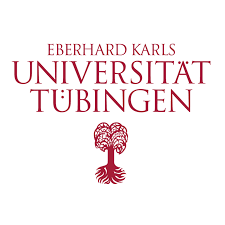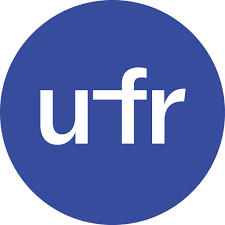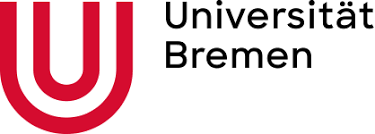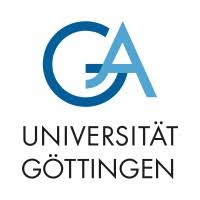Step 1 - Find your Study Program

Eberhard Karls University Tubingen
Tübingen
Physics
Subjects: Physics
M.Sc. | Master of Science
Course description
The one-year master's degree in physics builds on the four-year bachelor's degree in physics, known as a "consecutive master's degree." You can start this program in either the summer or winter semesters. This master's program is research-oriented, similar in time and focus to the thesis in the previous physics diploma program. Throughout the master's degree, you'll develop the ability to tackle scientific questions independently. This skill is crucial for pursuing a doctorate or succeeding as a physicist outside of research in your professional life. Therefore, it's highly recommended to pursue a master's degree in physics after completing your bachelor's degree in physics.
Program Information
| Study Location | Tübingen |
| Start Semester | Summer, Winter |
| Study Form | Full-time |
| Study Type | Postgraduate |
| Teaching Language | English, German |
| Dual | No |
| Remote | No |
| Application Fee non-EU | No information |
| Study Length | 2 Semesters |
| Tuition Fees per Semester | 1,500 EUR |
| Cost per Semester | 167.0 EUR |
Step 2 - Check Application Requirements
Application Requirements
Language Requirements
| CEFR | No information |
| IELTS | No information |
| Cambridge (CAE) | No information |
| TOEFL IBT | No information |
The course can be studied either in German or in English. Knowledge of either the German language (DSH-2 of the “German language test for university entrance”) or the English language (B2 of the Common European Framework of Reference for Languages) is required. In any case, very good knowledge of the English language, both spoken and written, is essential.
Qualification Requirements
The prerequisite for studying in the master's program is a bachelor's degree in physics or an equivalent degree with at least a grade of 3.3 and proof of minimum knowledge and minimum achievements in the following areas: Achievements in theoretical physics (quantum mechanics, thermodynamics, statistical physics, classical field theory) totaling at least 12 ECTS credits and Achievements in experimental physics (astronomy and astrophysics, nuclear and particle physics, atomic and molecular physics, condensed matter, nanostructures) totaling at least 18 ECTS credits and Achievements in physics internships totaling at least 9 ECTS points.
Application Process
| Acceptance Interview | No |
| Acceptance local admission restrictions | Not restricted |
| Application |
directly at the University, uni-assist |
Step 3 - Get studying insights
Your Free StudyBuddy Checklist
Want to simplify your journey to Germany?
-
Interactive step-by-step checklist
-
Helpful explanations and tips along the way
-
Designed for internationals like you


Free Live Webinar
How to Apply and Get Admission to a German University
Get ready to study in Germany!
April 16th, 2025
-
Learn how to find your ideal program
-
Step-by-step application guide
-
Tips and tricks to get admission
Step 4 – Apply for a Visa

German Visa Guide
Your tailored German visa application guide
Be Prepared for Your Visa Appointment
Value Package
-
New: includes free Expatrio Bank Account. Automatically connected to your Blocked Account
-
German Blocked Account accepted by all German authorities
-
Award-winning public or private health insurance coverage4
-
Free Travel Health Insurance worth up to €953
-
Up to €90 cashback with your personalized health insurance2
-
Instant Blocked Amount confirmation once funds are received
-
24hr customer response time
-
All-in-One app for life in Germany
-
ADDITIONAL FREE BENEFITS
-
Free International Student ID Card (Digital ISIC) worth up to €18*
-
Free eBooks and resources for life and studies in Germany
-
In-app access to top-tier accommodation for internationals
-
Cost Breakdown
-
Monthly fee: Only €5
-
Blocked Account set-up fee: €0 (€69 cashback)1








